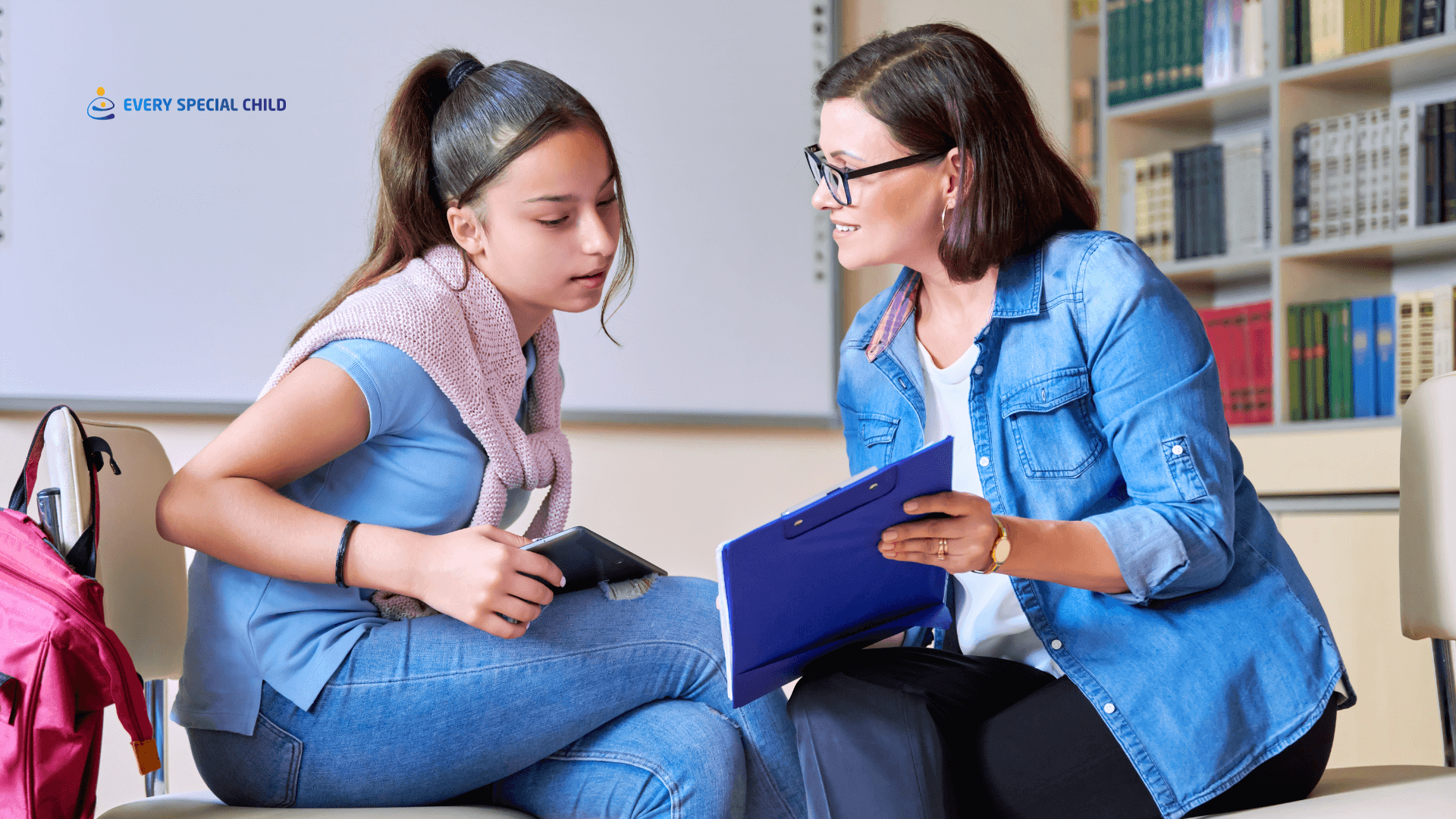
School Psychologists Help Students. Every child deserves the chance to succeed in school, but for students with learning disabilities, the journey can feel like climbing a mountain without the right gear. That’s where school psychologists come in—they’re the guides who make sure students not only have the right tools but also the confidence to use them. Their work goes far beyond testing and diagnosing; they are key players in shaping a supportive learning environment that fosters academic, emotional, and social growth. Apply Now
Learning disabilities are not about intelligence; they’re about how the brain processes information. Some of the most common include:
These challenges can impact not just grades, but also self-confidence, friendships, and motivation. That’s why specialized support is crucial. Read Another Article
School Psychologists Help Students Think of school psychologists as problem-solvers. They bridge the gap between students, teachers, and families. Unlike school counselors, who focus more on general guidance and career advice, psychologists dive deep into learning challenges, emotional struggles, and behavioral issues. Their role is part detective, part mentor, and part advocate. See More
Early detection is half the battle. School Psychologists Help Students use standardized tests, observations, and interviews to pinpoint where a student is struggling. They collaborate with teachers who see daily performance and parents who notice behaviors at home. This partnership ensures that no child slips through the cracks.
Once needs are identified, School Psychologists Help Students help design an IEP tailored to each student’s strengths and weaknesses. They set realistic goals, monitor progress, and make sure accommodations (like extra test time or assistive technology) are in place. They’re essentially the architects of customized success plans.
Struggling in school can take a heavy toll on a child’s self-esteem. School psychologists offer counseling and coping strategies that empower students to believe in themselves. They also help them navigate peer relationships, making sure social inclusion goes hand in hand with academic support.
School psychologists work hand in hand with teachers to introduce evidence-based teaching strategies—like breaking lessons into smaller steps or using visual aids. They also encourage multi-sensory approaches, ensuring that lessons reach students in ways that make sense to them.
Disruptive behavior is often a cry for help. Psychologists implement positive behavior support plans that focus on rewarding good behavior rather than punishing mistakes. They teach coping skills, self-regulation, and problem-solving—skills that benefit students inside and outside the classroom.
Teachers are on the frontlines, and school psychologists give them the tools to succeed. From professional development workshops to one-on-one consultations, they help educators recognize learning challenges early and adapt their teaching to meet diverse needs.
Parents often feel lost when their child struggles. School psychologists guide families through the maze of special education services and suggest home-based strategies to reinforce learning. Their support helps bridge the gap between school and home.
Inclusion is more than just sitting in the same classroom—it’s about belonging. Psychologists advocate for reducing stigma, building acceptance, and creating programs where students with learning disabilities thrive alongside their peers.
No one professional can do it all. School psychologists team up with speech therapists, occupational therapists, and medical professionals to create a holistic support network. Together, they ensure students’ needs are met from every angle.
Learning is a journey, not a one-time fix. Psychologists continuously monitor student progress through data-driven assessments. If something isn’t working, they tweak the plan until it does.
Beyond the classroom, school psychologists play a key role in shaping policies that protect and empower students with learning disabilities. They advocate for equal opportunities and push for funding and resources that make inclusion possible.
Despite their importance, school psychologists often juggle large caseloads, limited resources, and misconceptions about their role. They must balance academic, emotional, and behavioral needs—all while pushing for systemic change.
Technology is reshaping education, and school psychology is no exception. From AI-driven learning tools to virtual counseling platforms, the future promises more efficient ways to support students. The growing emphasis on inclusivity means school psychologists will continue to be at the heart of education reform.